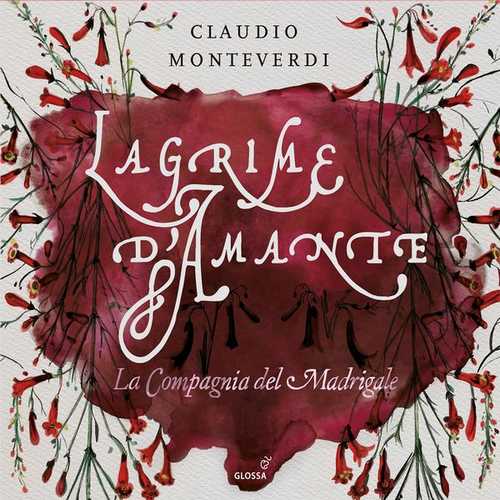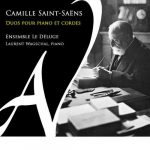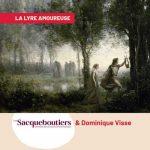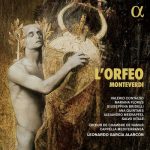
Composer: Claudio Monteverdi
Performer: La Compagnia Del Madrigale
Format: FLAC (tracks)
Label: Glossa
Release: 2021
Size: 1.21 GB
Recovery: +3%
Scan: yes
01. Ecco mormorar l’onde (from Secondo Libro de Madrigali), SV 51
02. Era l’anima mia, SV 96
03. A un giro sol de’begl’occhi lucenti, SV 84
04. Ecco, Silvio, SV 97
05. Mentre io miravo fiso de la mia donna, SV 50
06. Baci, soave e cari (Book 1), SV 27
07. Non piu guerra, pietate, SV 88
08. Rimante in pace, SV74
09. O primavera, gioventú dell’anno, SV 68
10. Ah dolente partita, SV 75
11. Zefiro torna
12. Longe da te cor mio, SV 92
13. Sestina – Lagrimae d’Amante al sepolero dell’amata
With ‘Lagrime d’amante’, La Compagnia del Madrigale, so accomplished with 16th and 17th century Italian music and words, turns its attention afresh to the music of Claudio Monteverdi.
This new Glossa release faithfully conveys the beauty of the ensemble’s vocal blend in a selection of five-part compositions drawn from the Monteverdi of Cremona, Mantua and Venice, but centering on that cornerstone of his art, the Sixth Book.
The act of singing whilst weeping – as Marco Bizzarini points out in his book- let essay – is somewhat unfeasible, but time after time Monteverdi strove to overcome that improbability by his music, often calling upon the best Italian poetry of the time: here, the fabulously vivid imagery of Torquato Tasso, Bat- tista Guarini and Petrarch are well served by Monteverdi’s musical response.
The programme takes us through various troubled emotional states involving love: a lover dying of love, the partenza amorosa (or lovers’ separation), even a shepherd accidentally wounding his loved one, but also the outpouring of grief in the Lagrime d’amante al sepolcro dell’amata, a commissioned madrigal cycle to newly written words lamenting the death in 1608 of the promising singer Caterina Martinelli, a pupil of the composer, but also that of Monteverdi’s wife.
This work and others on this recording involved the lamented bass Daniele Carnovich to whom the group pay tribute; the sessions were completed by Matteo Bellotto.



